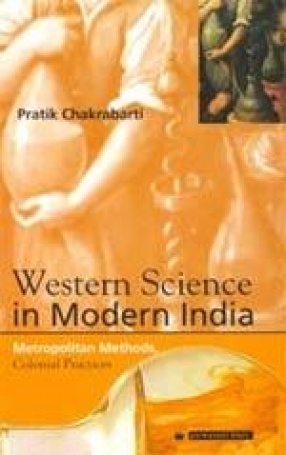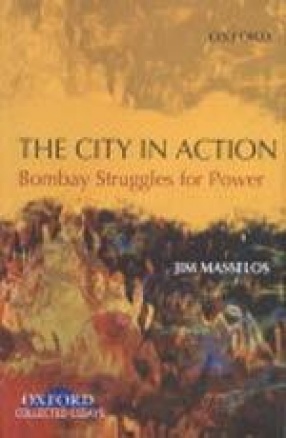This book is about western science in a colonial world. It asks: how do we understand the transfer and absorption of scientific knowledge across diverse cultures, from one society to another? Pratik Chakrabarti approaches this question from the assumption that knowledge is fundamentally linked with experience. He analyses what was ‘Western’ about that scientific knowledge, and what constituted the ‘colonialness’ of Indian experience. He shows that the expansion of a European discipline into strange and distant lands meant experiencing new phenomena, examining new facts, developing new hypotheses. This journey of science from Europe to colonial India, he argues, was also one from metropolis to periphery. The book explores whether the periphery can alter the terms of the metropolis. Starting in the eighteenth century, Chakrabarti reveals a process of knowledge-transfer that involved not only Indian nationalist scientists but also Europeans (East India Company surgeons and surveyors)–the initial practitioners of modern science in India. In doing so he highlights the fact that the marginality of colonial scientific experience, like the battles to overcome, it, could be located at diverse cultural sites. This book spans a period of about 170 years, from 1780 to 1950, and traverses several institutions. These include the Asiatic Society, the Geological Survey of India, the Indian Association for the Cultivation of Science, and the Bose Institute. It also looks acutely at the work of individuals such as Henry Piddington, Thomas Holland, Frederick Corbyn, Hugh Falconer, Mahendralal Sircar, J.C. Bose, P.C. Ray and M.N. Saha. As a historical elucidation of the location of science in modern India, this is a major monograph. It will interest scientist, historians and sociologists, as well as students of imperialism and the history of ideas.
Western Science in Modern India: Metropolitan Methods, Colonial Practices
$38.70
$43.00
In stock
Free & Quick Delivery Worldwide
All orders amounting to US$ 50 or more qualify for Free Delivery Worldwide. For orders less than US$ 50, we offer Standard Delivery at $14 per book.
ABOUT THE AUTHOR Pratik Chakrabarti
Pratik Chakrabarti has a Ph.D. in history from Jawaharlal Nehru University, New Delhi. He is currently Deputy Director and Research Officer at the Wellcome Unit for the History of Medicine, University of Oxford, working on the history of tropical medicine in the British colonies in the eighteenth and early-nineteenth centuries.
reviews
0 in total
Review by Anonymous
Be the first to review “Western Science in Modern India: Metropolitan Methods, Colonial Practices” Cancel reply
You must be logged in to post a review.
Bibliographic information
Title
Western Science in Modern India: Metropolitan Methods, Colonial Practices
Author
Edition
1st ed.
Publisher
ISBN
9788178240787
Length
xii+328p., Bibliography; Index; 22cm.
Subjects




There are no reviews yet.